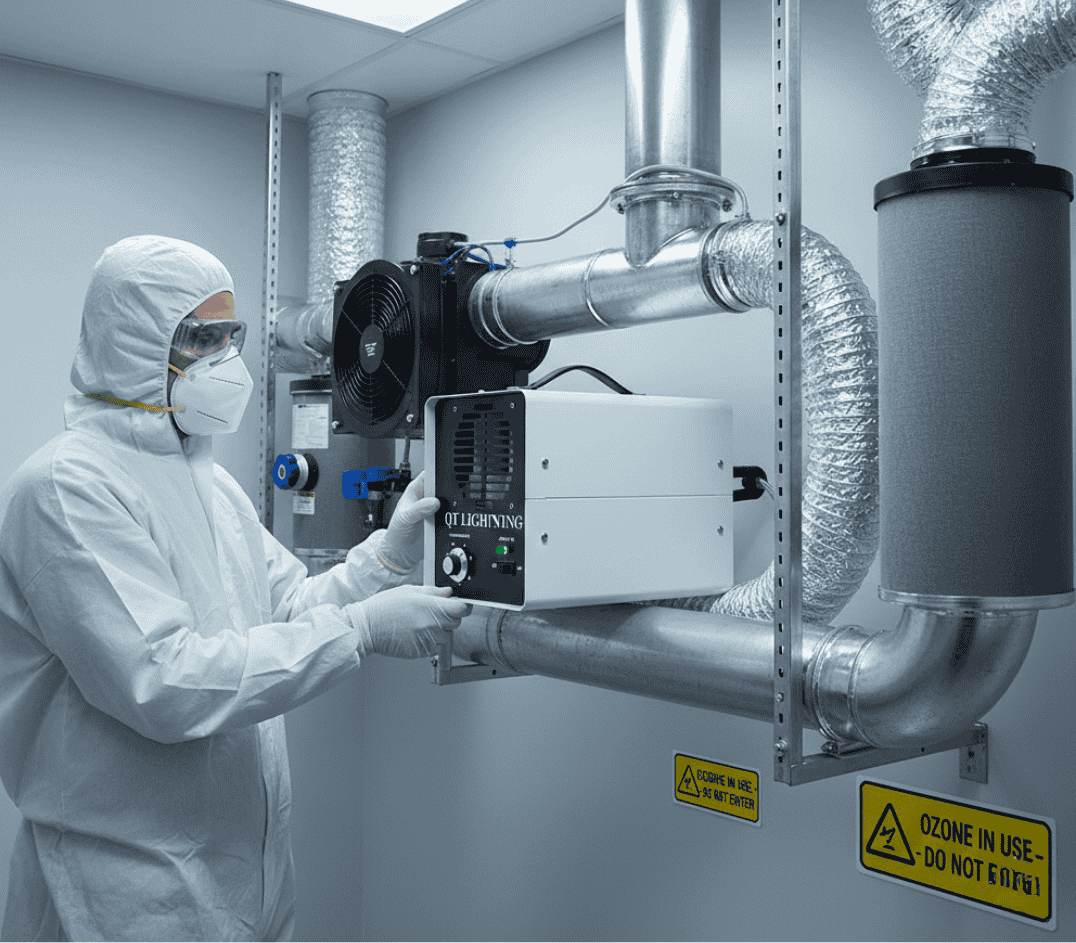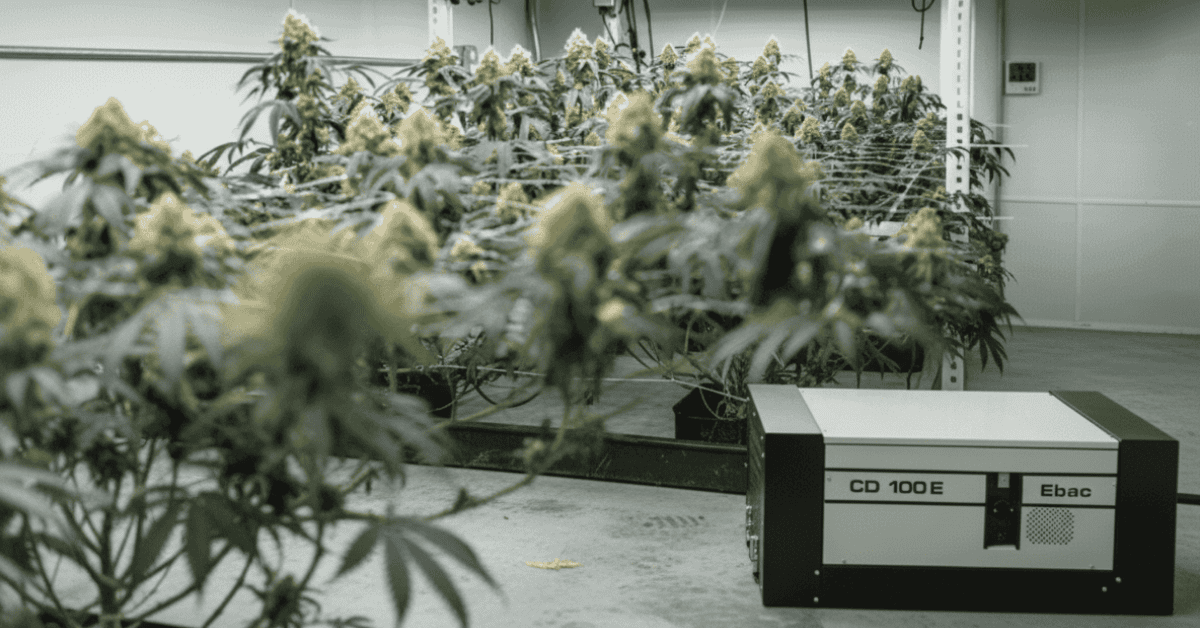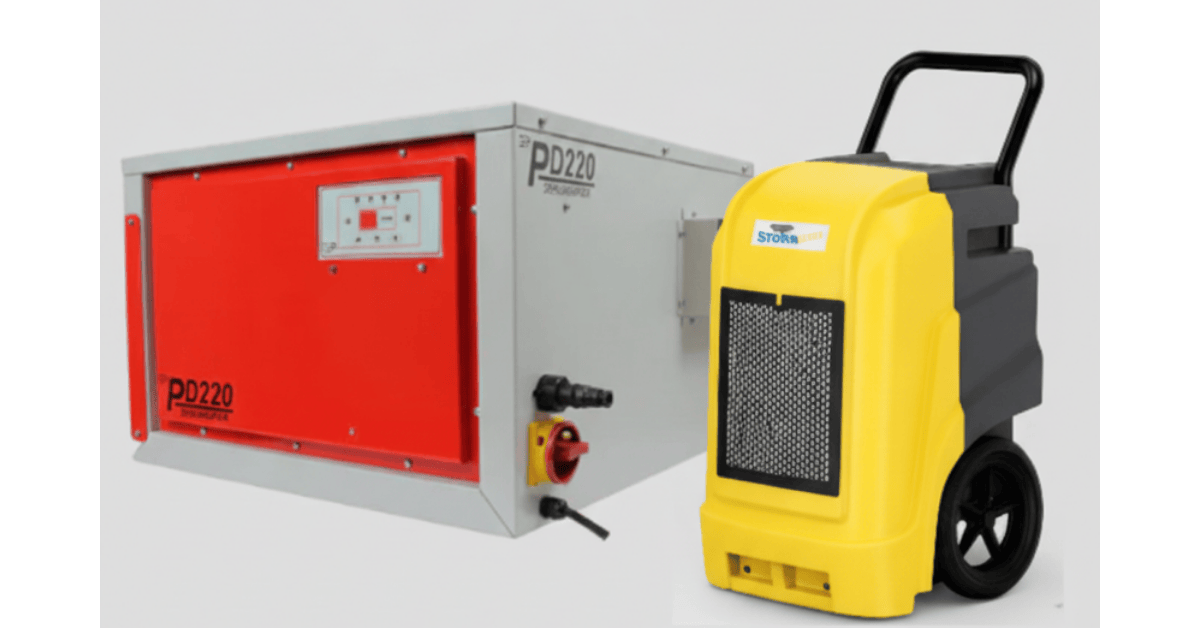A HEPA filter is one of the most effective air purification technologies available today, renowned for its ability to trap particles that are invisible to the naked eye. Originally developed during the 1940s—when scientists working on the Manhattan Project needed to filter radioactive particles—the technology has evolved into a cornerstone of modern indoor air quality management.
What Is a HEPA Filter?
HEPA stands for High Efficiency Particulate Air. By definition, a true HEPA filter is a type of pleated mechanical air filter that must meet stringent standards set by the U.S. Department of Energy. To be certified, the filter must capture at least 99.97% of airborne particles as small as 0.3 microns. This “sweet spot” in particle size is crucial because particles smaller than 0.3 microns, as well as larger particles, are trapped with even higher efficiency. In essence, HEPA filters effectively trap particles ranging from smaller particles like bacteria and viruses to larger particles such as dust and pollen. For more details on the HEPA standard, you can refer to the U.S. EPA's guidelines.
How Do HEPA Filters Work?
HEPA filters work by forcing air through a dense mat of randomly aligned fibers. As air passes through this mesh, the filter’s high filtering efficiency—often reflected by its efficiency rating—ensures that the vast majority of particles are intercepted. For example, an efficiency particulate air filter such as a true HEPA filter will filter effectively by capturing all but 3 particles in every 10,000 that pass through, even for particles as tiny as 0.3 microns. This high level of performance underpins the HEPA standard used by manufacturers of HEPA air purifiers around the world.
What Particles Do HEPA Filters Remove?
HEPA filters are designed to trap particles that pose a risk to health and comfort, including:
- Dust and pollen
- Mold spores
- Airborne bacteria and viruses and bacteria alike
- Tobacco smoke
While no single filter can remove every trace of contaminants, HEPA filters dramatically reduce indoor pollutants and improve overall indoor air quality.
Updated Developments in HEPA Technology
Recent research and market innovations continue to enhance HEPA filter performance:
- A study by UC Irvine found that adding HEPA filter systems in classrooms can reduce fine particulate matter by nearly 40%—a crucial improvement in protecting indoor spaces. (See the UC Irvine News release.)
- Manufacturers are now integrating smart sensor technology into HEPA air purifiers. These systems monitor the pressure drop across the filter—an indicator of its remaining lifespan—and notify users via an app when it’s time to replace the filter. This not only maintains a high filtering efficiency but also optimizes energy use.
- Additionally, the recent energy conservation standards published by the Department of Energy require that air cleaning devices achieve both effective filtration and energy efficiency. These standards incorporate measures like minimum efficiency reporting values (commonly associated with MERV ratings) to ensure that systems maintain an optimal balance between performance and power consumption.
Devices That Use HEPA Filters
You’ll typically find true HEPA filters integrated into devices such as:
- Air purifiers: These units continuously circulate indoor air through their HEPA filters, trapping allergens and pathogens to maintain clean, healthy environments.
- Vacuum cleaners: Many high-end vacuum models use HEPA filters to prevent dust and allergens from being recirculated into your home, thereby ensuring that the machine filters effectively while maintaining a safe environment.
HEPA Filters and Health
By intercepting harmful particulates—including allergens, viruses and bacteria, and mold spores—HEPA filters contribute significantly to reducing the risk of respiratory infections and allergic reactions. During peak allergy seasons or times of elevated indoor air pollution, using devices equipped with true HEPA filters is an important part of a broader strategy to improve indoor air quality. While a HEPA filter alone is not a cure-all, it works best when combined with regular maintenance and complementary practices like handwashing and proper home cleaning.
Ready to breathe cleaner, healthier air? Don't wait any longer—experience the difference with Pure n Natural’s top-rated smoke eater and air purification solutions. Whether you're tackling wildfire smoke, everyday allergens, or other airborne pollutants, Pure n Natural has you covered with the latest technology designed to deliver optimal indoor air quality.





